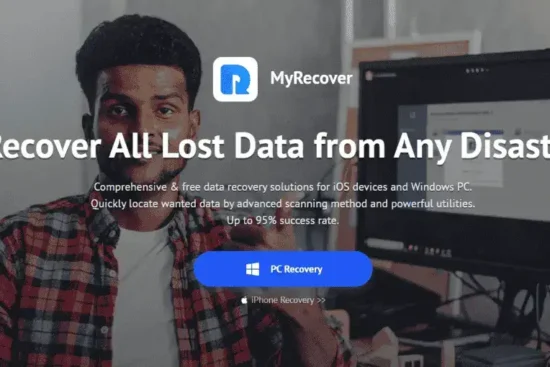

In today’s world, cybersecurity is a top priority for businesses and individuals alike. With the rise of cyber threats, ethical hacking has become an essential component of any comprehensive cybersecurity strategy. In this blog, we will discuss the basics of ethical hacking, its importance, and how it can be used to enhance your cybersecurity.
What is Ethical Hacking?
Ethical hacking, also known as white hat hacking, is the practice of identifying vulnerabilities in computer systems, networks, and applications in a lawful and authorized manner. Ethical hackers use the same techniques and tools as malicious hackers, but with the intention of improving security rather than causing harm.
Importance of Ethical Hacking
Ethical hacking is essential for several reasons, including:
- Identifying vulnerabilities:
Ethical hackers help identify potential vulnerabilities in computer systems, networks, and applications before malicious actors can exploit them. Identifying vulnerabilities is a critical part of the ethical hacking process.
Vulnerabilities can exist in various areas of a system, including software, hardware, and network infrastructure. Ethical hackers use various tools and techniques to identify these vulnerabilities and determine their severity and potential impact. One common vulnerability assessment tool is a vulnerability scanner.
This tool automatically scans a system or network for known vulnerabilities, such as outdated software or weak passwords. The scanner then generates a report detailing the vulnerabilities found, their severity, and recommendations for mitigation. However, vulnerability scanning tools are not foolproof and can miss vulnerabilities that are not yet known or have not been properly configured. This is where manual testing comes in. Ethical hackers perform manual testing to identify vulnerabilities that may have been missed by automated tools.
Manual testing involves simulating real-world attack scenarios to identify vulnerabilities that may be exploitable. Ethical hackers use a variety of techniques, such as social engineering, password cracking, and SQL injection, to identify vulnerabilities that automated tools may have missed. The goal is to identify vulnerabilities that a malicious attacker could use to gain unauthorized access to a system or network. Once vulnerabilities are identified, ethical hackers work with the organization’s IT team to develop a plan for mitigation. This can include patching software, updating configurations, and implementing new security controls.
- Enhancing security:
By identifying vulnerabilities and recommending mitigation strategies, ethical hackers help improve the overall security posture of an organization this is term as enhancing security.
- Meeting compliance requirements:
Many organizations are required by law to conduct regular vulnerability assessments and penetration testing, and ethical hacking helps meet these requirements.
How Does Ethical Hacking Work?
The ethical hacking process typically involves the following steps:
- Planning:
The first step in ethical hacking is to define the scope of the assessment, including the systems, networks, and applications to be tested. - Reconnaissance:
The next step is to gather information about the target systems, networks, and applications using specialized tools. This information includes identifying potential vulnerabilities and attack vectors. - Vulnerability Scanning:
Once the reconnaissance is complete, the ethical hacker uses automated vulnerability scanning tools to identify vulnerabilities in the target system or network. - Manual Testing:
After the vulnerability scanning is complete, the ethical hacker manually tests the identified vulnerabilities to determine their severity and potential impact. - Reporting:
Finally, a report is generated that outlines the vulnerabilities found, their severity, and recommendations for mitigating or eliminating them.
Benefits of Ethical Hacking
Ethical hacking offers several benefits, including:
- Improved security:
By identifying vulnerabilities and recommending mitigation strategies, ethical hacking helps improve the overall security posture of an organization.
- Cost savings: It helps identify vulnerabilities before they can be exploited, which can save organizations significant amounts of money in the long run.
- Compliance: Many regulations and industry standards require regular vulnerability assessments and penetration testing, and ethical hacking helps meet these requirements.
Conclusion
It is an essential component of any comprehensive cybersecurity strategy. By identifying vulnerabilities before malicious actors can exploit them, ethical hackers help improve the overall security posture of an organization.
With the ever-increasing threat landscape, it is essential to conduct regular ethical hacking assessments to ensure that your systems and networks are secure. By following the steps outlined in this guide, you can conduct a successful ethical hacking program and enhance your organization’s cybersecurity posture.




Leave a Reply
You must be logged in to post a comment.